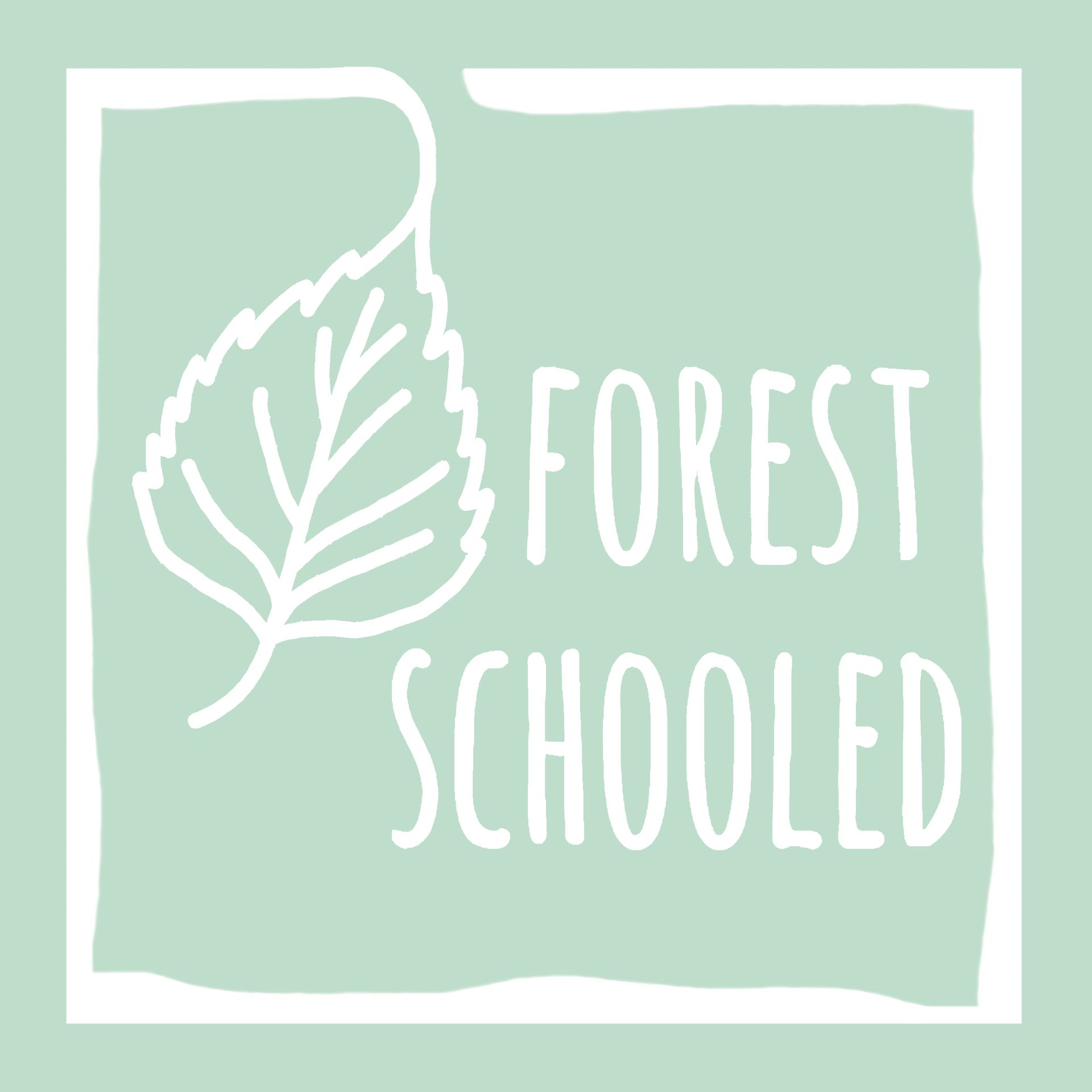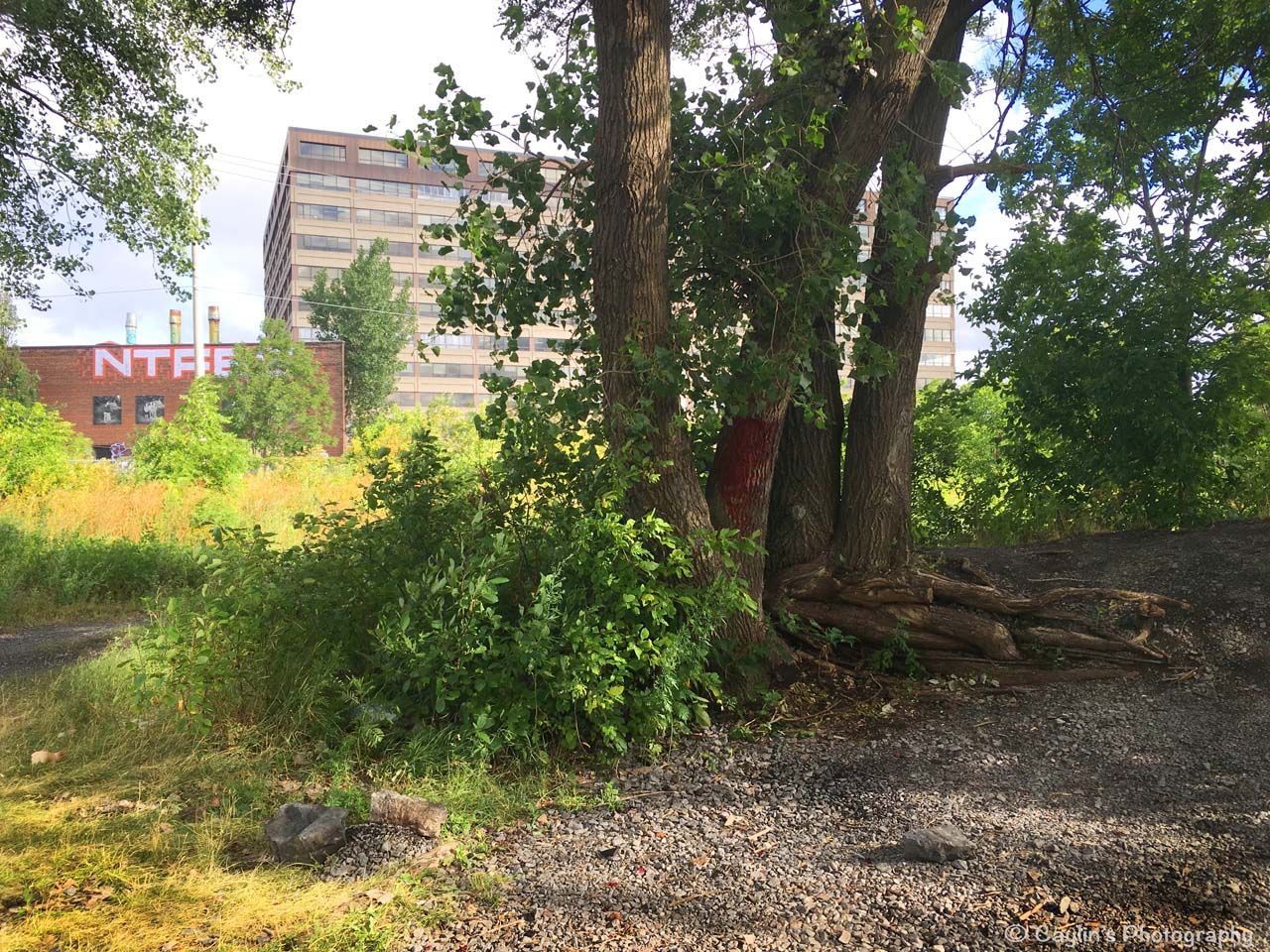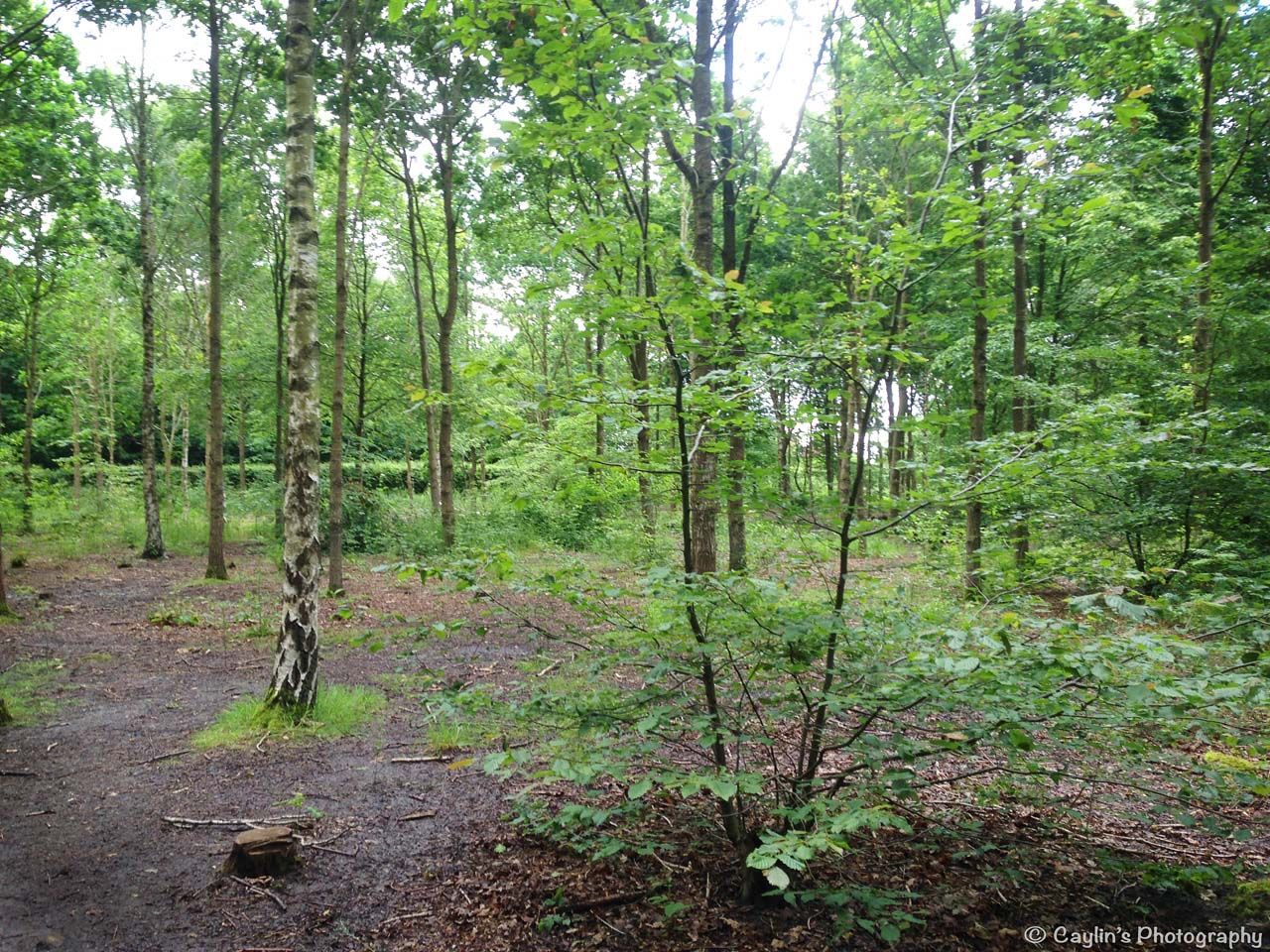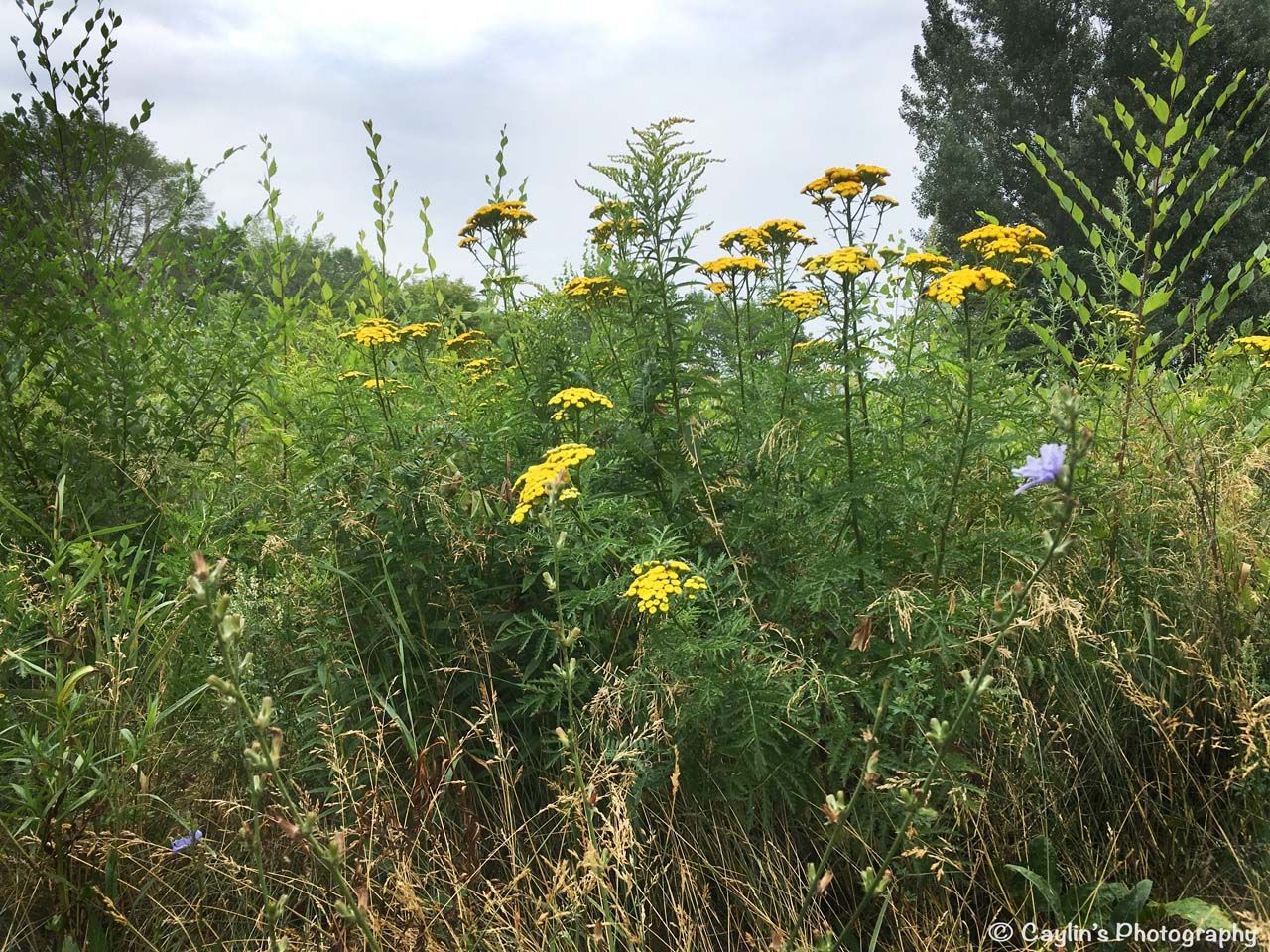
Blog
Stories from my personal journey learning about and delivering Nature-rooted programs across three different countries
Forest School and Place
Caylin (Forest Schooled)

Empty space, drag to resize
This is an extremely delayed notice letting you know that I took the summer off from Forest Schooled. I've spent the past couple of months trying to limit my screen time and recharge in the summer sun as much as possible. The truth is I was burnt out and needed a break. So I gave myself one and am much better for it.
Even though I took a break from Forest Schooled, I didn't really take a break from Forest School. In fact I spent the summer delving deeper into researching the movement, particularly in an international context. I'm continuously learning how Forest School (what it is, how you do it, and why) means different things to different people and there's a beautiful complexity that comes with that.
I was honoured to get to attend a Forest and Nature School Practitioners course hosted in Quebec in July and learn more about how the movement is developing in Canada, which is both similar and different to what I've experienced while living in the UK and US. It was very inspiring to attend the course at an urban nature play setting in the heart of Montréal. The site was a severely damaged, but recovering piece of land.
It aptly demonstrated how Forest School can not only foster connection to what many call 'wild' natural areas, such as a forest or woodland, but also foster restoration and healing of what many might call 'wasteland'. And arguably it's those wastelands that need it the most; those urban areas without much trace or access to plants, trees, wildlife... that which we tend to call 'nature'.
Being on that site actually reminded me somewhat of the place where I was introduced to Forest School in the first place - a small patch of planted woodland surrounded by a UK city. Its urban location brought with it many challenges, like hauling our kit in and out every session because we couldn't leave anything behind in a public park. Like the vandalism that would occur on a regular basis in which trees would be ringbarked and our log seats burned. Like finding litter and dog mess scattered around, requiring us to do a thorough inspection and cleaning pre session. And the dog walkers and other park users that would sometimes stop by and engage with us during our sessions.

These are all things I don't have to worry about so much now, delivering sessions on private properties in a sparsely populated, rural part of New England. Now I'm more concerned about 'engagement' with bobcats and bears... Which has yet to happen might I add, but it is in my risk assessment ;)
So I guess this serves as a reminder that Forest School is certainly a place - a spot we visit time after time again. And it's also more than a place. It's more than a 'forest' from which its name derives. It's more than a woodland. It's more than an area with trees. It's more than a park, than a field, than a garden...

Its more about us and how we think about ourselves. It's about asking ourselves to revisit our relationship to the land, perhaps thinking of it as more like a habitat, a place we live in and amongst and that which we rely on for our food, water and other needs, just like the other living things that live there too. A place we depend on and therefore mutually benefits from our appreciation and care. That habitat may be a vast and 'wild' forest. Or it may be a city. The point is that we can connect to those places by continually exploring, playing, nurturing, maybe even restoring, and inevitably learning alongside the 'nature' that is our doorstep.
P.S. As the Forest School movement grows at an internationally scale, the borrowing of pedagogies from other places must be done sensitively and carefully so as not to erase the knowledge and histories associated with the places in which programs take place and/or appropriate the customs, traditions, and beliefs from which they come from. If you are seeking professional development opportunities around Forest & Nature School, I recommend finding training programs that are local to your area, or at least country, if possible. If this is not possible and you pursue training further afield, I encourage you to reflect on how you can apply what you learn in a thoughtful way that is responsive to your local community and place.
For more perspectives on Forest School and "Place" you could check out the following articles. (Often summaries can be found at the Children & Nature Network Research Library):
- Alcock, S., & Ritchie, J. (2018). Early childhood education in the outdoors in Aotearoa New Zealand. Journal of Outdoor and Environmental Education, 21, 77–88.
- Christiansen, A., Hannan, S., Anderson, K., Coxon, L., & Fargher, D. (2018). Place-based nature kindergarten in Victoria, Australia: No tools, no toys, no art supplies. Journal of Outdoor and Environmental Education, (21), 61–75.
- Leather, M. (2016). A critique of Forest School: Something lost in translation. Journal of Outdoor and Environmental Education.
- Lloyd, A., Truong, S., & Gray, T. (2018). Place-based outdoor learning: more than a drag and drop approach. Journal of Outdoor and Environmental Education, 21, 45–60.
- Power, M., Cree, J., & Knight, S. (2015). Lost in Translation or Still Being Translated? Reflections on the Forest and Nature School Movement in Canada. Pathways: The Ontario Journal of Outdoor Education, 27(3), 29–32.
- Sharma-Brymer, V., Brymer, E., Gray, T., & Davids, K. (2018). Affordances guiding Forest School practice: the application of the ecological dynamics approach. Journal of Outdoor and Environmental Education, 21, 103–115.
- Waite, S., Bolling, M., & Bentsen, P. (2016). Comparing apples and pears?: a conceptual framework for understanding forms of outdoor learning through comparison of English Forest Schools and Danish udeskole. Environmental Education Research, 22(6), 868–892.
More Posts
WANT TO GET FOREST SCHOOLED TOO?
Subscribe to my email letters, something special from me to you so we can learn together. Each one is filled with heart-felt stories from the forest, resources you may find useful, and things that hopefully bring a smile too.
Thank you!
© by FOREST SCHOOLED
